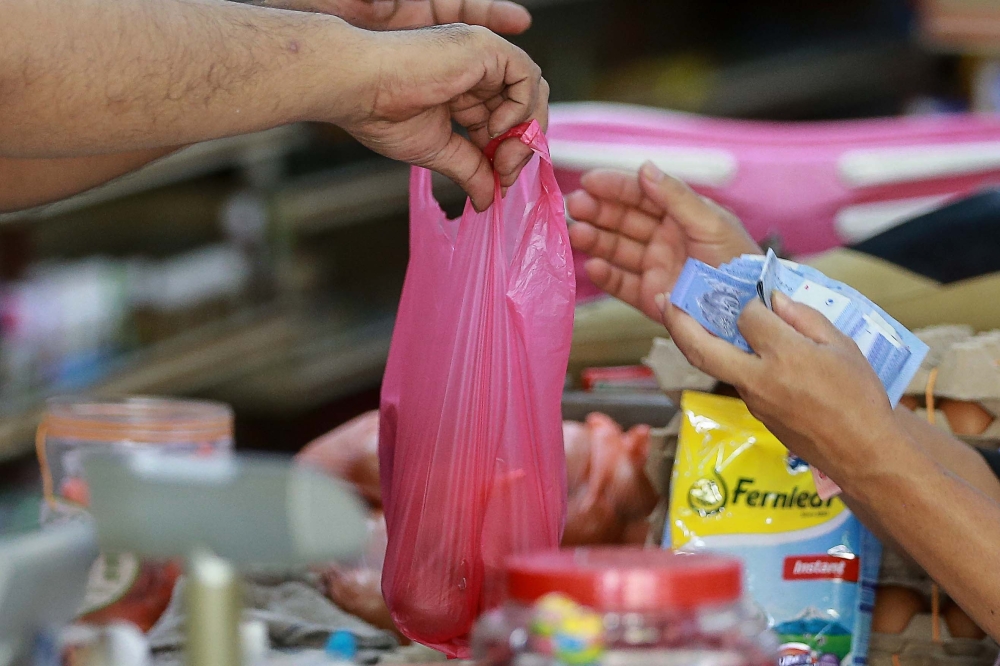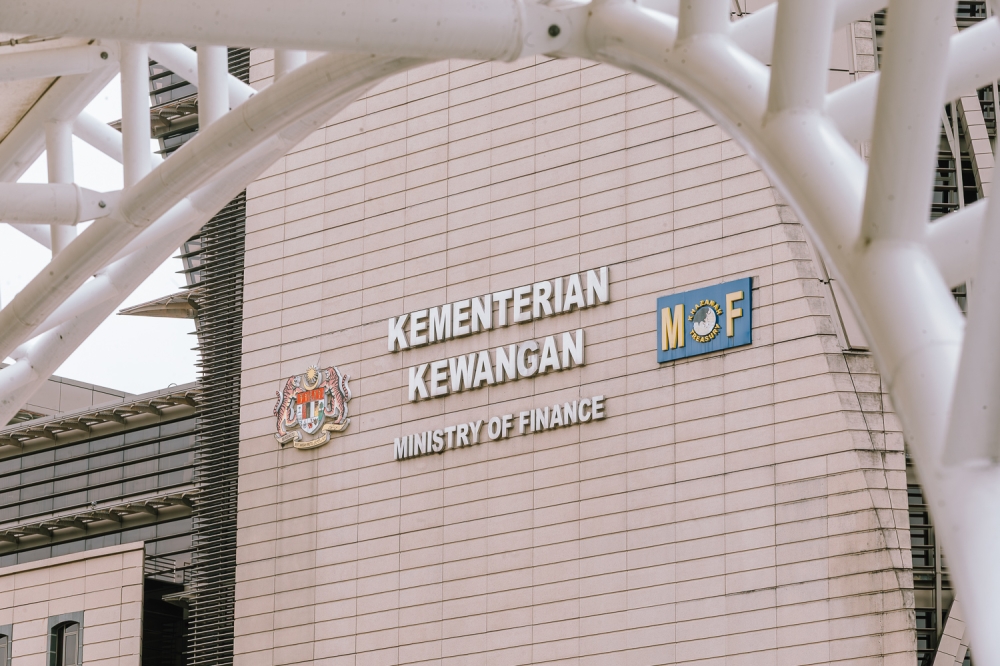KUALA LUMPUR, April 27 — The government has allocated a whopping RM333 million for utility and rental to run the National Covid-19 Immunisation Programme (NIB), and another RM200 million in allowance for the Malaysia Vaccine Support Volunteer (MyVac), members of the People’s Volunteer Corps (Rela) and the Malaysian Civil Defence Force (APM), Khairy Jamaluddin revealed today.
In a statement detailing the breakdown, the NIB coordinating minister sought to explain why the cost of the programme ballooned to RM5 billion, from the initially announced RM3 billion.
Khairy said RM55 million was allocated for community outreach and vaccination advocacy efforts, as well as RM110 million for contingency plans.
Khairy added that though the cost of the NIP is not final, price ceiling limits for needed expenditures are already set. However, he did not detail a time period for the estimated spending.
Khairy’s statement comes on the heels of Finance Minister Datuk Seri Tengku Zafrul Tengku Abdul Aziz’s statement yesterday, justifying the recent decision by Putrajaya to utilise the National Trust Fund’s (KWAN) money to procure vaccines, saying this was the correct time to use such reserves, and if not now, when.
“The increase takes into account the execution of the NIB whereby the initial allocation was used to acquire the vaccines, whereas the additional allocation is to foot the cost of managing the execution of the NIB.
“On December 23, 2020, I announced that the government had successfully secured vaccine access for 82.8 per cent of the country’s population from various suppliers at a total cost of RM2.05 billion. Taking into account the risk of supply disruptions such as export restrictions, raw materials, manufacturer capacity and regulatory approvals, the 82.8 per cent was increased to 110 per cent and announced in the NIP Handbook launched on February 16, 2021. The cost of vaccine procurement for 110 per cent of the population is RM3.16 billion.
“With the announcement from some vaccine suppliers that clinical trials are being conducted on teenagers, the government also made a preliminary decision to increase the supply of vaccines for distribution to these groups when approval is given later. The government has also decided to procure additional supplies as buffer stocks if additional booster doses are needed.
“Thus, although currently the procurement price is estimated at RM3.16 billion, it depends on the increase in supply by taking into account the provision of vaccines for teenagers and buffer stocks up to the ceiling of RM3.5 billion set by the Ministry of Finance (MOF),” Khairy who is also the science, technology and innovation minister said.
He however added that the estimated procurement of the vaccines is also not final, explaining that Putrajaya’s agreements with suppliers such as Gamaleya (Sputnik V) and CanSino have yet to be executed, as the said vaccines are still being evaluated by the National Pharmaceutical Regulatory Agency (NPRA) and are not registered as yet.
Khairy said that should these vaccines not get approval or take too long to be approved for usage, the government then has the option to not proceed with the agreement without any financial implications.
Explaining the remaining allocation, Khairy said that it is used for the implementation of the NIP, which also takes into account requests from all state governments in the stakeholders sessions.
“The allocation for the implementation of the NIP would also be channelled through all state governments. This includes rental and utility costs for over 600 public vaccination centres (PPVs) in non -Ministry of Health facilities (public halls, stadiums, public places), equipment and consumables, cleaning and sanitation, volunteer consolation and outsourcing of private medical practitioners.”
In his press conference yesterday, Tengku Zafrul singled out issues like 1Malaysia Development Berhad’s (1MDB) outstanding RM40 billion debt as an example of legacy debt obligations the government has to honour, and of fiscal limitations faced by them that limits borrowing.
Tengku Zafrul had also mentioned how RM42 million of funds from KWAN had been previously utilised for the preservation of the Paya Indah Wetland in Putrajaya, opposing criticism that claimed funds were left untouched even during the 1998 and 2008 financial crises.
His remarks invited criticism from his predecessor, Lim Guan Eng.
The DAP secretary-general dismissed Tengku Zafrul’s claim that KWAN fund is being used for its actual purpose, which should be for the benefit of future generations, unlike the vaccines.
Lim said the government should have instead borrowed the required funds from domestic loan sources for the procurement of the vaccines, then accusing the Perikatan Nasional (PN) government of misusing their powers conferred under the Emergency Ordinances to utilise such funds without necessary oversight.


















